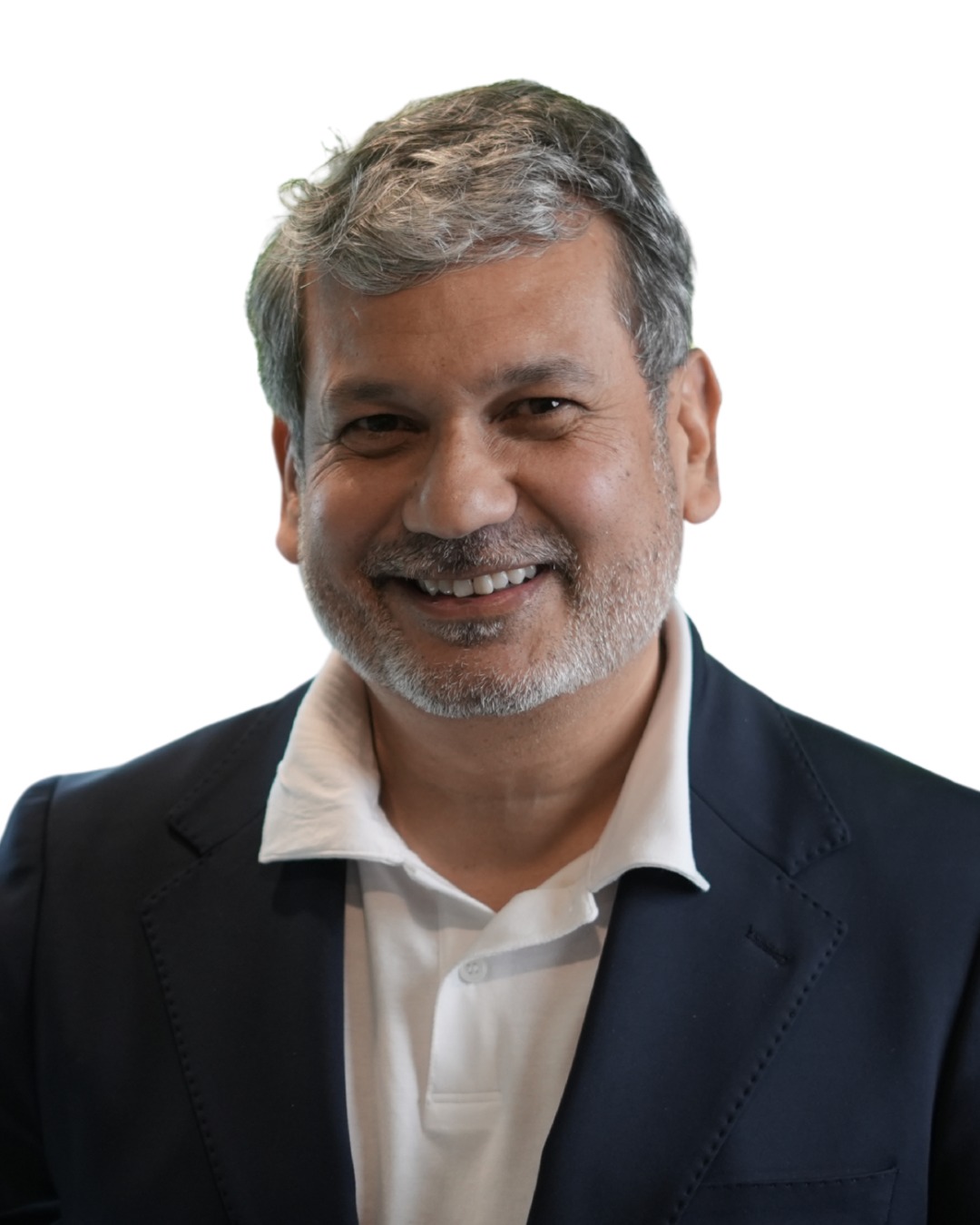Experiencing sadness is a part of life. Allowing ourselves to feel sorrow in the wake of a loss or difficult circumstances can be beneficial and normalize over time, but if despair persists long-term it may indicate clinical depression. This article will delve into an array of treatment options that empower individuals facing depression to take steps toward healing their emotional well-being safely and effectively.
Medication Management
Treatment for depression traditionally relies on prescription medications to rebalance neurotransmitters that impact one’s emotional state. Common drugs employed include SSRIs, SNRIs, and MAO inhibitors – all of which can contribute different pathways forward in managing depressive symptoms across individual cases.
With so many antidepressant options available, consulting a doctor to decide the best treatment plan for you can be key.
Therapy
Therapy is undoubtedly the best treatment for depression. It offers a wide range of therapeutic approaches, from meeting in person or telecommuting over the Internet on a regular basis to Cognitive Behavioral Therapy and Eye Movement Desensitization and Reprocessing that can equip individuals with meaningful strategies to cope better with challenges.
One of the mental health institutes – Mindbrain Institute has the best doctor for depression in Delhi. Group therapy provides additional support as it allows people struggling similarly to have access to compassionate peers – delivering comfort through shared understanding rather than feeling isolated by struggles alone.
Change in Lifestyle:
1. Getting into Routine
Getting into a routine can help you engage meaningfully in life and find enjoyment. Make each day something special by getting up at the same time, having an activity for every night of the week, taking care of yourself through showering daily, and checking in regularly with supportive friends or family members on the phone. Start today to turn your days around!
2. Set Goals
A daily goal is a key to tackling depression – no matter how small. After all, when you feel like your world has come to a standstill, it can be incredibly empowering to take on something and see the results of completing even the simplest task.
Make this part of your self-care routine: start by making the bed then take that shower or power walk for fresh air! Small victories count big time towards improving feelings about yourself and increasing motivation.
3. Eat Healthily
Your diet can have a profound impact on your mood. Clinical studies suggest that when you eat too many processed foods, impairs brain function and contributes to depression-like symptoms. On the other hand, nourishing yourself with healthy whole foods offers an effective way of reversing these effects by providing essential nutrients for optimal brain functioning – which in turn has positive implications for how happy or depressed you feel each day!
4. Exercise Regularly
Incorporating regular exercise into your daily routine has been shown to significantly improve mental well-being. Endorphins, hormones that positively affect the brain’s receptors and lead to feelings of happiness, are produced in response – so why not take advantage? Taking a leisurely stroll for an hour every couple of days is proven effective – especially when you combine it with sunlight!
5. Meditation
Meditation has been scientifically proven to be an effective way of combating stress and anxiety, two major triggers for depression. It reduces cortisol levels while releasing beneficial dopamine into your body, meditation can create a peaceful state that is more potent than any natural treatment out there when it comes to addressing depressive symptoms.
Conclusion
At Mind Brain, our dedicated team of experts understands that each individual experiences depression in their own unique way. We are here to help you take control of your life and well-being by offering tailored treatment plans for individuals suffering from the effects of depression. Seek professional help and reach out today.
Also, Visit here: How Do Psychiatrists Differ From Psychologists?
Dr. Anuranjan Bist stands as a pioneering figure in the field of mental health, seamlessly blending traditional psychiatric methods with holistic wellness practices. With a profound understanding of the human mind and body, Dr. Bist has redefined therapeutic approaches by integrating Transcranial Magnetic Stimulation (TMS) and Ketamine therapy with ancient yoga techniques, showcasing his innovative spirit and dedication to comprehensive care.


Leave feedback about this